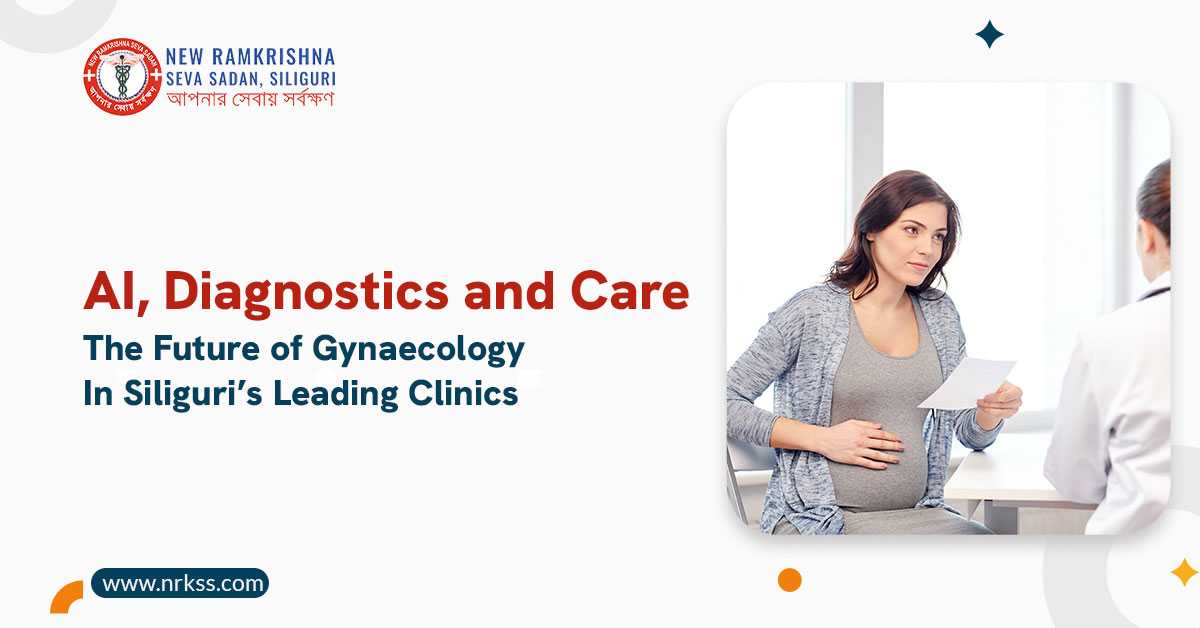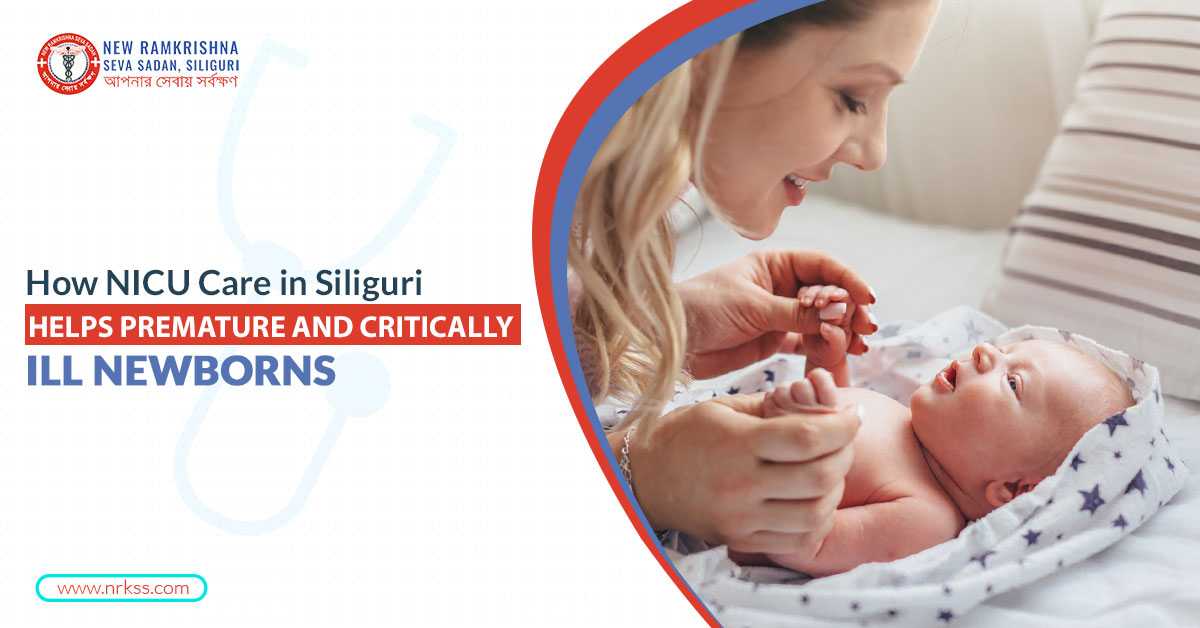The neonatal intensive care unit or NICU is a special unit for preterm babies which are born very early or very ill. This facility provides round-the-clock service to the babies from a team of medical experts. If you are pregnant and suffering from health complications that can impact the health of a baby, then you need to search for a hospital with a NICU facility in Siliguri. These facilities help to provide your baby with the best neonatal care for early recovery and growth.
Despite medical intervention the NICUs also offer a supportive environment for both new-born children and their families. With access to modern healthcare infrastructure and specialized care these NICUs help reduce infant mortality rates and ensure that every newborn gets the best possible treatment.
Which babies need to be admitted to NICU:
When a newborn baby needs specialized medical care due to health issues, they may need a NICU. Newborns with various issues are generally admitted to the NICU. This includes prematurity, early-term infants, low birth weight, sepsis, respiratory distress syndrome, heart problems, respiratory failure, traumas, etc. Also if the mother has any high-risk factors such as diabetes, advanced maternal age, and other issues that impose certain risks to the baby you may need to visit a NICU.
Most of these babies go to the NICU within 24 hours of birth and the duration depends on the severity of their illnesses. Some babies may stay for a few hours or days while some need to stay for weeks. While it might be frightening for some parents, it’s nothing to be worried about because at the top NICU in Siliguri your baby will get extensive care which helps in a quicker recovery.
Steps on how NICU care helps premature and critically ill newborns:
Feeding tubes:
Premature babies or babies who are sick can’t be breastfeed as they might need special feeding techniques, like tube feeding until they can eat independently. This helps the babies to get nutrition (formula or breast milk) with the help of a feeding tube. These tubes enter through the mouth or nose and go into a baby's stomach and they are tapped well so they don’t move around. To prevent soreness the nurses often change these tubes.
IVs:
IV or intravenous catheter is a tube-like structure that goes into a vein to supply medicines and fluids. These tubes are attached in the hand or arms but some are attached in other places, like the feet, legs, or scalp. These medicines can be given in small amounts around the clock.
Lines:
Some babies require a higher amount of fluids and medicines that an IV can’t fulfil. For these central lines are used, which is a larger tube, inserted by a surgeon into a large vein in the chest, neck, or groin. Another device used in NICU is arterial lines that are placed in arteries. These help to monitor the blood pressure and oxygen levels in the blood.
Ventilators:
Babies who are admitted in NICU sometimes need extra support to breathe. For this, they are connected to the ventilator by an endotracheal tube. Babies who have been in the NICU for a long stay may have a tracheostomy. This is a surgical procedure which involves inserting a tracheostomy tube through an incision in the neck.
Oxygen hood or nasal cannula:
Some babies need extra oxygen but they don’t need a ventilator. In such cases they get oxygen from an oxygen hood placed over the head. Babies who can breathe on their own might get oxygen from plastic tubes in the nose known as nasal cannula.
Specialized medical staff:
Not only equipment, the NICUs are also equipped with specialized medical staff. These staff consist of neonatologists and neonatal nurses who specialize in newborn care. There are respiratory therapists and other healthcare providers who provide extensive care to infants.
Conclusion:
When babies are born early they might suffer from health complications or birth defects. This is why they are admitted to the hospital’s NICU. Not only a baby if a woman is pregnant and suffering from health issues can visit a hospital with a NICU facility in Siliguri. The NICU stands for neonatal intensive care unit which plays a major role in providing specialized medical care for premature and critically ill newborns. This includes feeding tubes, IVs, lines, ventilators, and specialized medical experts.






